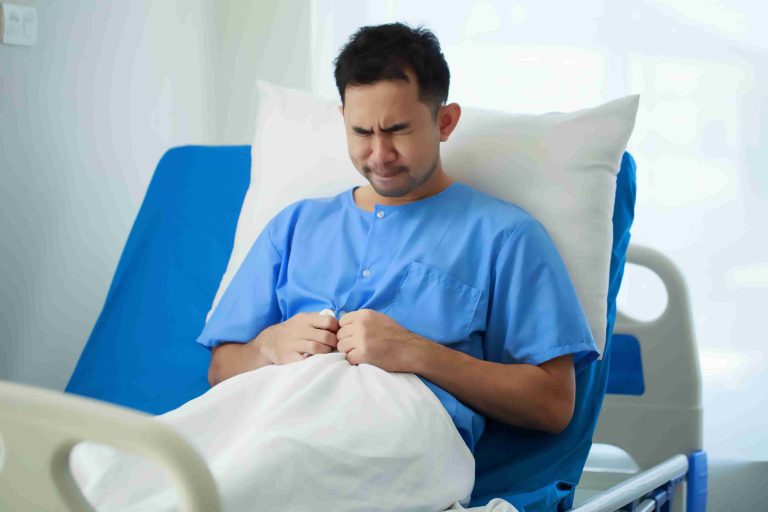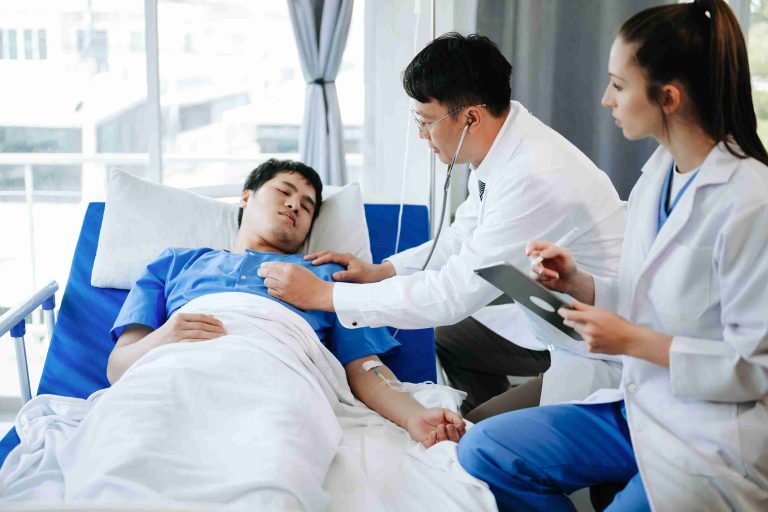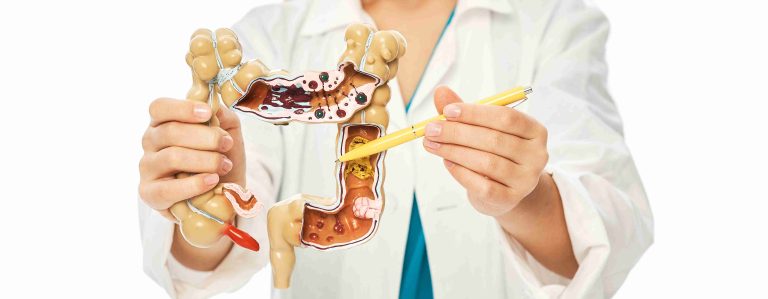Gastroscopy is a vital diagnostic procedure used to examine the upper digestive tract, including the esophagus, stomach, and duodenum. While the procedure itself is straightforward and relatively safe, the follow-up process after abnormal findings is critical in addressing potential health issues. This article explores what patients should do after abnormal findings in a gastroscopy, from understanding the results to planning treatment and lifestyle adjustments.
Understanding Abnormal Findings
Abnormal findings in a gastroscopy can range from benign issues to more serious conditions requiring immediate attention. Common abnormalities include:
- Gastritis: Inflammation of the stomach lining, often caused by Helicobacter pylori (H. pylori) infection, excessive alcohol consumption, or certain medications.
- Ulcers: Open sores in the stomach or duodenum, which can result from H. pylori infection or long-term use of nonsteroidal anti-inflammatory drugs (NSAIDs).
- Polyps: Small growths on the stomach lining that are usually benign but may require monitoring.
- Esophagitis: Inflammation of the esophagus, often caused by acid reflux or gastroesophageal reflux disease (GERD).
- Cancerous or Precancerous Lesions: Early detection of these abnormalities is crucial for successful treatment.
Understanding the specific abnormality detected is the first step in determining the appropriate course of action. Your doctor will explain the findings and their implications in detail.
Reviewing the Doctor’s Recommendations
After the gastroscopy, your doctor will provide a report outlining the findings and recommending the next steps. These recommendations may include additional tests, lifestyle changes, or treatments.
- Biopsy Results: If tissue samples were taken during the gastroscopy, the doctor might ask you to wait for biopsy results, which can provide further insights into the nature of the abnormality.
- Follow-Up Tests: Additional tests, such as imaging or blood work, may be recommended to confirm a diagnosis or assess the extent of a condition.
It is important to follow your doctor’s advice and attend any scheduled follow-up appointments to ensure a thorough evaluation of the findings.
Addressing Specific Abnormalities
The follow-up process depends on the nature of the abnormal findings. Below are common conditions detected during a gastroscopy and their management strategies.
Managing Gastritis
If gastritis is detected, treatment typically involves:
- Medications: Proton pump inhibitors (PPIs) or H2 receptor blockers to reduce stomach acid.
- Eradication of H. pylori: If an infection is present, antibiotics will be prescribed.
- Dietary Changes: Avoiding spicy, acidic, or fatty foods that can irritate the stomach lining.
Gastritis usually improves with these measures, but ongoing monitoring may be needed if symptoms persist.
Treating Ulcers
For stomach or duodenal ulcers, the doctor may recommend:
- Medications: PPIs or antacids to promote healing.
- Lifestyle Modifications: Reducing stress, avoiding alcohol, and quitting smoking.
- H. pylori Treatment: Antibiotics if the bacteria are identified as the cause.
- Repeating the Gastroscopy: Necessary to determine if ulcer has healed.
In severe cases, endoscopic therapy or surgery may be required to treat complications like bleeding or perforation.
Monitoring Polyps
Most stomach polyps are benign and do not cause symptoms. However, larger polyps or those with atypical features may require removal during the gastroscopy. Regular follow-up gastroscopies may be necessary to monitor for recurrence.
Managing GERD and Esophagitis
If esophagitis or GERD is diagnosed, the doctor may suggest:
- Medications: Acid-reducing drugs or antacids.
- Dietary Adjustments: Avoiding trigger foods like caffeine, chocolate, and acidic beverages.
- Lifestyle Changes: Elevating the head during sleep and maintaining a healthy weight.
Chronic esophagitis may require long-term medication or further evaluation to rule out complications like Barrett’s esophagus.
Dealing with Cancerous or Precancerous Lesions
If cancerous or precancerous lesions are detected, early intervention is critical. Treatment options may include:
- Endoscopic Resection: Removal of lesions during the gastroscopy.
- Surgery: For more advanced cases, partial or total removal of the stomach or esophagus may be necessary.
- Oncological Treatment: Chemotherapy, radiation, or targeted therapy depending on the type and stage of cancer.
A multidisciplinary approach involving gastroenterologists, oncologists, and surgeons ensures comprehensive care.
Emotional and Psychological Impact
Receiving abnormal findings can be stressful and overwhelming. It is normal to feel anxious about the diagnosis and its implications. To manage this:
- Ask Questions: Clarify any doubts with your doctor and ensure you understand the next steps.
- Seek Support: Share your concerns with family, friends, or a counselor.
- Focus on Solutions: Remember that early detection often leads to better outcomes.
Maintaining open communication with your healthcare provider can help ease anxiety and ensure you feel supported throughout the process.
Lifestyle Adjustments for Better Digestive Health
After a gastroscopy with abnormal findings, adopting a healthier lifestyle can promote recovery and prevent future issues. Key adjustments include:
- Balanced Diet: Emphasize whole grains, lean proteins, fruits, and vegetables while avoiding irritants like spicy or greasy foods.
- Hydration: Drink plenty of water to aid digestion.
- Exercise: Regular physical activity can improve overall gut health.
- Stress Management: Practices like yoga, meditation, or deep breathing can reduce stress-related digestive issues.
Consistency in these habits can significantly improve digestive health and enhance your overall well-being.
When to Seek Immediate Medical Attention
While most follow-up care can be managed through scheduled appointments, certain symptoms warrant immediate medical attention:
- Severe abdominal pain or swelling
- Vomiting blood or passing black, tarry stools
- Sudden weight loss
- Difficulty swallowing or breathing
- Premature fullness after meals
These signs may indicate complications that require urgent intervention.
Importance of Regular Monitoring
Even after addressing abnormal findings, regular monitoring is essential to ensure long-term health. Depending on the condition, your doctor may recommend periodic gastroscopies or other tests.
For example, patients with Barrett’s esophagus or a history of polyps may need annual or biannual follow-ups to detect changes early. Staying vigilant about your digestive health reduces the risk of complications and ensures timely intervention if new issues arise.
Conclusion
A gastroscopy is a valuable diagnostic tool that helps identify a range of upper digestive tract conditions. While abnormal findings can be concerning, prompt follow-up and adherence to medical recommendations can lead to effective treatment and improved outcomes.
Whether managing gastritis, treating ulcers, or addressing more serious conditions, the follow-up process plays a crucial role in ensuring optimal digestive health.
By staying proactive, seeking clarification from your healthcare provider, and adopting healthy lifestyle habits, you can navigate the post-gastroscopy journey with confidence and prioritize your well-being.






